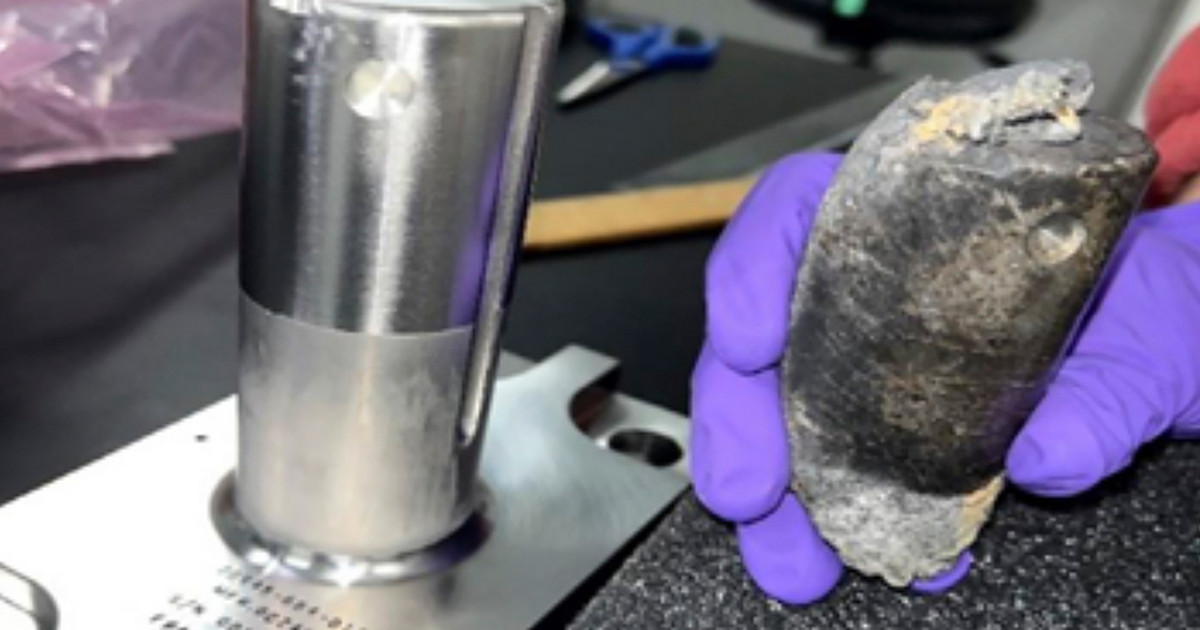By Leonidas Stergiou
The figures published by the ECB and the Bank of Greece for July interest rates are impressive. The conclusions become even more interesting when compared to previous months, when the cost of money was lower. And they become even more interesting when comparisons are made between the course of Greek interest rates, the rest of the Eurozone and market and ECB interest rates.
Interest rates on new deposits to businesses and households decreased by 2 basis points since the beginning of the year and by 1 bp. in July, compared to June, i.e. the same month as the ECB. The interest rates on demand deposits (1 day) from households remained unchanged, while those on time deposits increased but much less in Greece than in the Eurozone. Also, forward interest rates in Greece are lower by approximately 2 times compared to the Eurozone average.
In new business deposits, the interest rate in Greece decreased further and became negative (-0.01%), i.e. the average in the Eurozone. But with the difference that there it increased by 3 basis points in July compared to June. In general, a gradual rise in deposit rates was observed in the Eurozone from the beginning of the year to the end of July, i.e. for the period for which data are available.
In terms of lending, Greek banks proceeded with marginal reductions in interest rates on new consumer and mortgage loans, while in the Eurozone, borrowing costs for households increased (mainly for consumer loans). In business loans, Greek banks made much larger reductions than the Eurozone average.
stegastika_daneia
Infogram
katanalotika_daneia
Infogram
The comparison of interest rates in relation to borrowing costs is also of great interest. For example, the average consumer loan interest rate in the Eurozone, although it increased, is not even half of what it decreased in Greece. A gap remains in housing and business credit as well, although the gap is beginning to narrow.
Epixeirimatika_daneia
Infogram
The interpretation
The excess and cheap liquidity from deposits is the main factor that explains the opposite course of bank interest rates in Greece, in relation to the rest of the Eurozone and the cost of money in the markets. For example, the total deposits in Greek banks are almost twice the total balance of serviced loans. Deposits amount to 211 billion euros and serviced loans to 105 billion euros. In addition to the increase in deposits in the last 2 years by approximately 36 billion euros, Greek banks have strengthened their liquidity in total by an additional 50 billion with negative interest rates from the ECB (as part of the support measures for the pandemic).
So, instead of depositing excess liquidity with negative interest rates at the ECB (until July) or zero today, they prefer to fund their grants. Besides, the ratio of deposits to loans in Greece is around 50%, when the average in Europe is 109%, according to the latest available data from the European Banking Authority (EBA). Therefore, if they reduce deposit rates marginally or move to smaller and slower increases in deposit rates, then they can keep lending rates low or lower them for some classes and for some periods, depending on strategy and competition. And all this, increasing their interest income. This was also seen in the first half of the year.
Cost of money
In July, the ECB made its first interest rate hike of 50 basis points, bringing its key deposit rate back to 0% for the first time since November 2013. The move had been announced since June and outlined since March, due to of strong inflation.
Basiko_katathetiko_epitokio_EKT
Infogram
The end of the ECB’s liquidity support measures and its imminent increase in interest rates led to a rise in interbank rates. Thus, Euribor increased by 30 to 100 points, depending on the durations. The upward movement of Euribor, which affects the cost of money for banks in the short term, was slower in the near term. This happened due to high liquidity from the ECB’s pandemic support measures. The 6-month Euribor, for example, moved from negative to positive territory for the first time in June. Then followed the 3-month Euribor, to which the majority of floating rate loans in the Greek market are linked. And in August the 1-month Euribor turned positive.
diatrapeziko_epitokio_euribor
Infogram
The rise in the cost of money and the prospect of further interest rate hikes by the ECB to tackle inflation are gradually being passed on to lending and deposit rates. But apparently this is not done in the same way.
Compare deposit rates
In Greece, a continuous downward trend of the average interest rate on new deposits was observed from the beginning of the year until July. The drop in interest rates on new loans was greater for reasons of competition. The downward trend was also observed in July, when the ECB raised interest rates. However, since the new loans are smaller than the existing loan balance, the overall interest margin was not adversely affected. On the contrary, it increased, as the cost of borrowing for the existing balance moved slightly upwards.
epitokia_katatheseon_xorigiseon_Elladas
Infogram
The interest rate on new deposits for businesses and households decreased in July by 1 basis point, compared to June. At the same time, interest rates on new loans fell by 27 basis points, despite an increase in interest rates by the ECB and a rise in Euribor.
However, on existing balances, the deposit rate remained unchanged, while borrowing costs increased by 8 basis points (for existing corporate and household loans). Thus, the total interest margin on existing balances (deposits and loans) increased by 8 points.
epitokia_neon_katatheseon_noikokiria
Infogram
Greece Vs Eurozone
The comparison with the rest of the Eurozone shows that Greek banks kept the same behavior in the interest rates of new deposits from households, both for current and term accounts. In other words, everywhere there is a marginal increase in new deposits from households. With two differences:
First, on demand deposits the average interest rate in Greece was higher than that of the Eurozone by 2 basis points.
Secondly, interest rates on time deposits from households in the Eurozone are higher than in Greece by 14 basis points and moved more strongly upward than in our country.
epitokia_neon_prothesmiakon_katatheseon
Infogram
On the other hand, the opposite trend is observed in the current accounts (1 day) of businesses. The zero interest rate on business deposits becomes marginally negative (-0.1%), while interest rates rise in the Eurozone, limiting the negative interest rate from -0.04% to -0.01%. That is, a rise of 3 m.v. was observed. in July, while in Greece a drop of 1 basis point.
epitokia_neon_katatheseon_epixeiriseon
Infogram
Source: Capital
Donald-43Westbrook, a distinguished contributor at worldstockmarket, is celebrated for his exceptional prowess in article writing. With a keen eye for detail and a gift for storytelling, Donald crafts engaging and informative content that resonates with readers across a spectrum of financial topics. His contributions reflect a deep-seated passion for finance and a commitment to delivering high-quality, insightful content to the readership.






